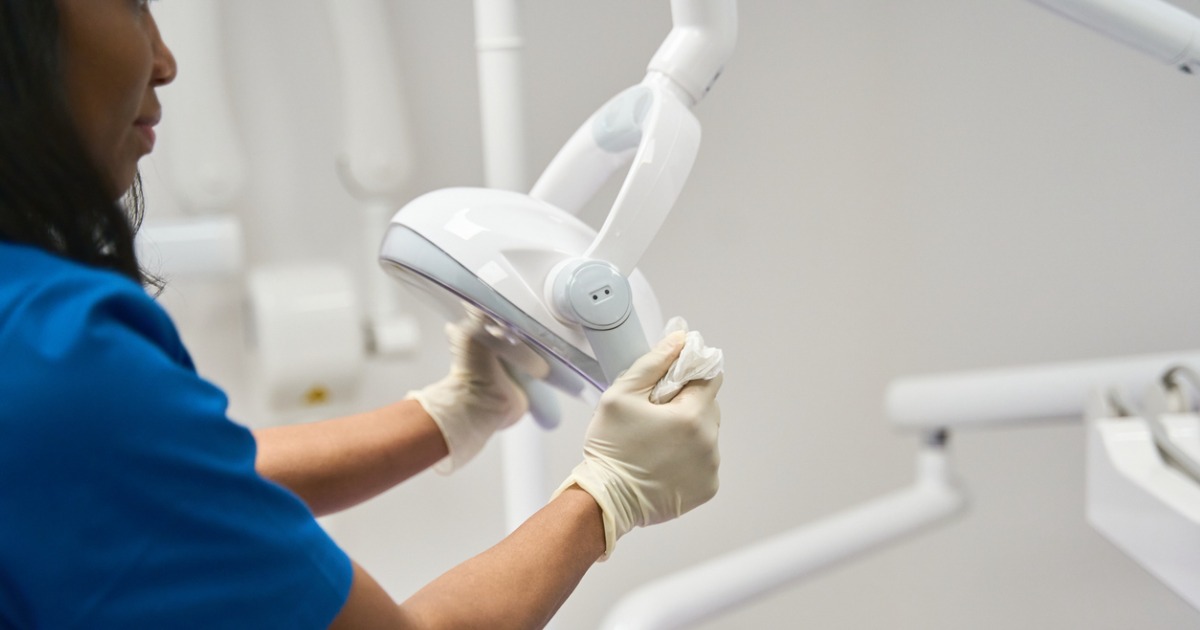The state budget agreement reached by Gov. Gavin Newsom and the Legislature preserves Proposition 56 funding for Medi-Cal Dental services and dental coverage for undocumented adults in California through July 1, 2026, following a comprehensive campaign from CDA that prevented any immediate cuts to dental funding. The governor in his revised spending plan had proposed redirecting the funding beginning next month to address a $12 billion budget deficit, which the Legislature rejected.
(Update: The Legislature approved the budget on June 30, and the governor signed it the same day.)
CDA mobilized quickly after the governor’s proposal, calling on the Legislature to reject the proposed Medi-Cal Dental budget cuts, which amounted to one third of the program’s budget. Across California, 745 dentists and other professionals joined our call to action, making 1,475 contacts with legislative offices to urge them to respect the will of voters and “stop the governor from robbing Medi-Cal Dental funding.” CDA also ran a digital advertising program in the Sacramento area in recent weeks opposing the cuts. Californians overwhelmingly supported Proposition 56 funding for Medi-Cal at the polls in 2016.
However, with President Trump on July 4 signing Congress’s budget bill that slashes Medicaid and other federal funding for California, lawmakers will have to revisit the state budget to address the loss of federal funds. The federal bill reduces Medicaid spending by $1 trillion over the next 10 years. In California, the federal government covers nearly 60% of the cost of Medi-Cal, which serves more than a third of the state’s population, and the Medicaid changes mean a nearly 20% reduction in federal funding.
Among the changes in the federal budget bill are new restrictions on provider taxes, including the managed care organization (MCO) tax that Proposition 35 is built on. California voters approved the CDA-sponsored ballot measure last November, with 68% of voters supporting.
‘We cannot let all of our great progress be undone’ – push for funding continues
“By delaying immediate funding cuts, access to dental care for millions of Medi-Cal patients has been preserved for now, said CDA President Max Martinez, DDS. “We thank all of our members who joined our advocacy efforts and we thank the legislature for their efforts to avoid cuts during complicated and challenging times. As the federal government continues to move toward massive cuts to Medicaid, California must do all it can to protect the 15 million patients who rely on Medi-Cal.”
Proposition 56, which raised the state’s tobacco tax and increased Medi-Cal reimbursement rates, has led to historic improvements in patient access to care and dentists’ participation in Medi-Cal:
- The number of Medi-Cal Dental providers has increased by 34% resulting in current dentist enrollment of 40% across California.
- New dental office visits by Medi-Cal patients has increased by 27% in the past five years, amounting to nearly one million more Californians getting the dental care they need.
“We cannot let all of our hard work and great progress be undone,” Dr. Martinez added. “We will continue pushing for budget actions that provide greater assurance about the future of Medi-Cal funding and preserve the historic improvements we as Californians have made.”
Diverting Proposition 35 funding disregards will of California voters
In addition to the federal action on MCO tax funding, the new state budget diverts Proposition 35 funding to pay for already incurred Medi-Cal costs, rather than Medi-Cal reimbursement rates as the measure intended.
Proposition 35 makes the state’s MCO tax permanent, dedicates the money for Medi-Cal and other specific health programs, and adds Medi-Cal Dental reimbursement rates to the list of programs receiving funds starting in 2027. Proposition 35 also includes a provision to prevent the state from redirecting these revenues.
The Proposition 35 coalition is reviewing all options in response. “Diverting Proposition 35 funding disregards the will of the voters and raises serious legal concerns,” CDA stated in a June 9 news release.
CDA will continue its legislative advocacy and urge lawmakers to protect the historic progress we have made in recent years to improve the Medi-Cal Dental program for patients and dentists.

